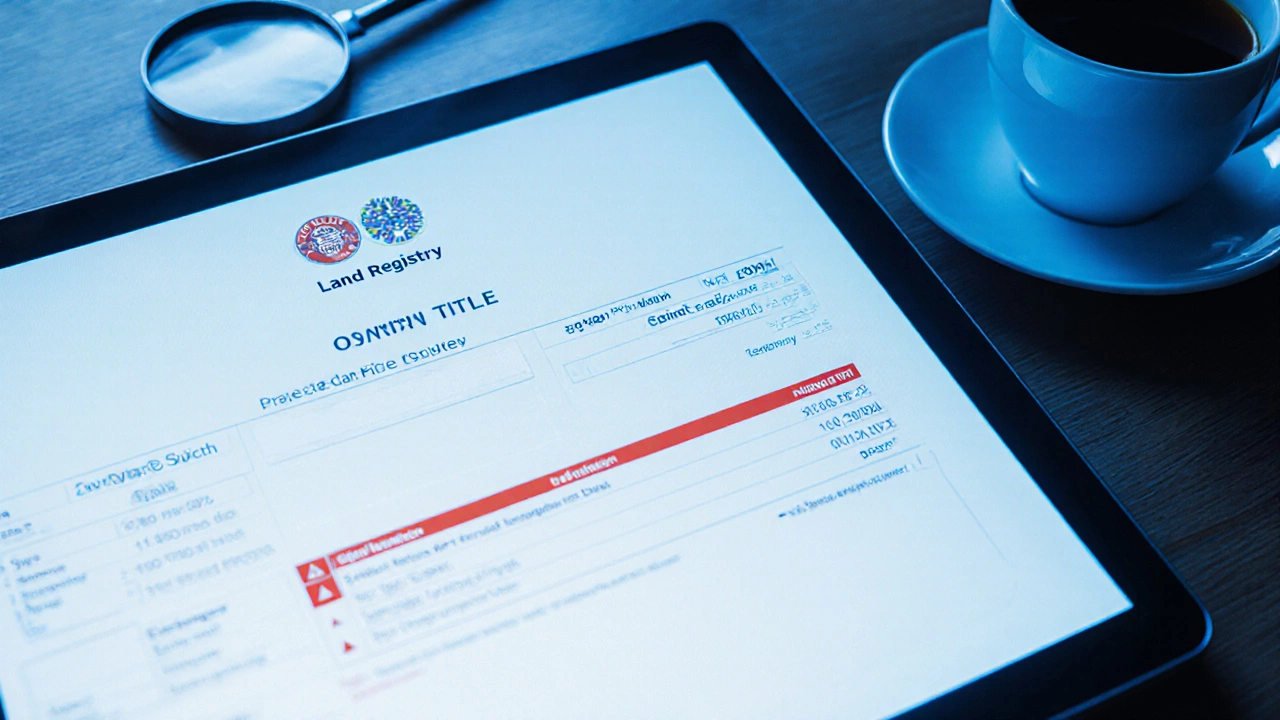Proof of Property Ownership: What You Need and How to Get It
When you buy a home, you don’t just get keys—you get proof of property ownership, a legal document that confirms you are the rightful owner of a piece of land or building. Also known as title documentation, it’s the only thing that stops someone else from claiming your house, selling it, or locking you out. Without it, you’re not really the owner—you’re just living there.
Most people think a sale agreement or bank loan letter is enough. It’s not. In India, the deed document, the official record signed by both buyer and seller and registered with the sub-registrar’s office is what matters. This is the paper that gets stamped, signed, and stored in the land registry, the government system that tracks every property transaction across states. If your name isn’t on that record, you have no legal standing—even if you’ve paid in full. Many buyers skip this step to save time or money, then regret it when a dispute arises.
Proof of ownership isn’t just for buyers. If you’re renting out your property, your tenant might ask for it. Banks need it for home loans. Even when you sell, the buyer’s lawyer will demand it. A simple mistake—like an unregistered sale deed or a missing mutation entry—can delay or kill a deal. And if you’re in a gated community like Shriram Chirping Woods, where multiple developers or past owners might be involved, having clean, verified documents is non-negotiable.
You don’t need a lawyer to understand the basics. Start by checking your sale deed. Make sure it’s stamped and registered. Then confirm your name appears in the local revenue records (often called ‘mutation’ or ‘patta’). If you’re unsure, visit your district’s sub-registrar office or ask your builder for a certified copy. No one else can give you real proof—not a possession letter, not a builder’s receipt, not even a bank statement.
What you’ll find in the posts below are real stories and guides from people who’ve dealt with this exact issue. From how to fix a missing deed in Karnataka to why a handwritten agreement won’t hold up in court, these aren’t theory pieces. They’re practical, on-the-ground advice from buyers, renters, and investors who learned the hard way. Whether you’re closing a deal, disputing a claim, or just want to sleep at night knowing your home is truly yours, this collection gives you what you need—no jargon, no fluff, just the facts.

What Refers to Proof of Property Ownership? Understanding Title Deeds and Registration
Proof of property ownership in Australia is established through official registration on the land titles system. A title deed or electronic record is the only legal proof-contracts and bills don't count.




